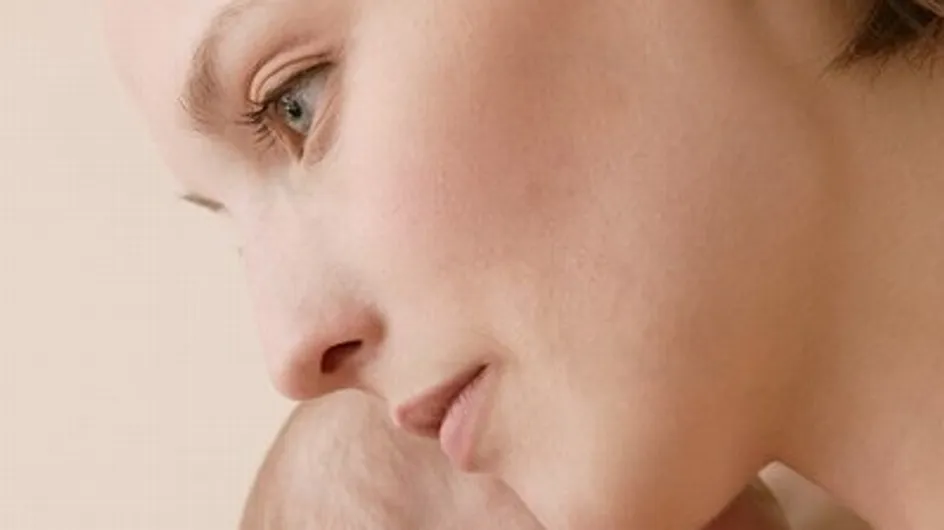What is maternal instinct?
By "maternal instinct," people mean a special bond between a mother and her child that is established at conception and that continues through pregnancy, birth, and motherhood. Not everyone believes that maternal instinct exists, and people have different ideas of the role it plays in being a mum. Usually, people consider maternal instinct to be an impulse that drives a mother to act for her baby, to take care of it without thinking and to make sacrifices in order to best look after it.
How does it show?
Signs of a maternal instinct could be that you are constantly preoccupied with your baby's wellbeing, that you feel a special connection to it, and that you always put your baby before you. Whether these characteristics come from an innate instinct or are just part of being a mum is up for debate!
Maternal instinct doesn't mean you know everything
The strong bond that you have with your baby doesn't mean that you always know what to do, and it's natural to feel a little lost about being a mum. Getting too much advice from different people often only makes it worse! Trust yourself to find the best way of taking care of your baby; everyone's different.
Feeling nothing for a new baby
Instead of the expected explosion of joy, you may find that you feel indifferent to your baby. This doesn't mean you don't have a maternal instinct or can't be a good mum. Rest assured: motherhood an experience that builds up day after day and doesn't just arrive with the stork. So don’t feel guilty; the bond with your baby will strengthen naturally over the days ahead.
Read our article: Becoming a mum: what does it change?













